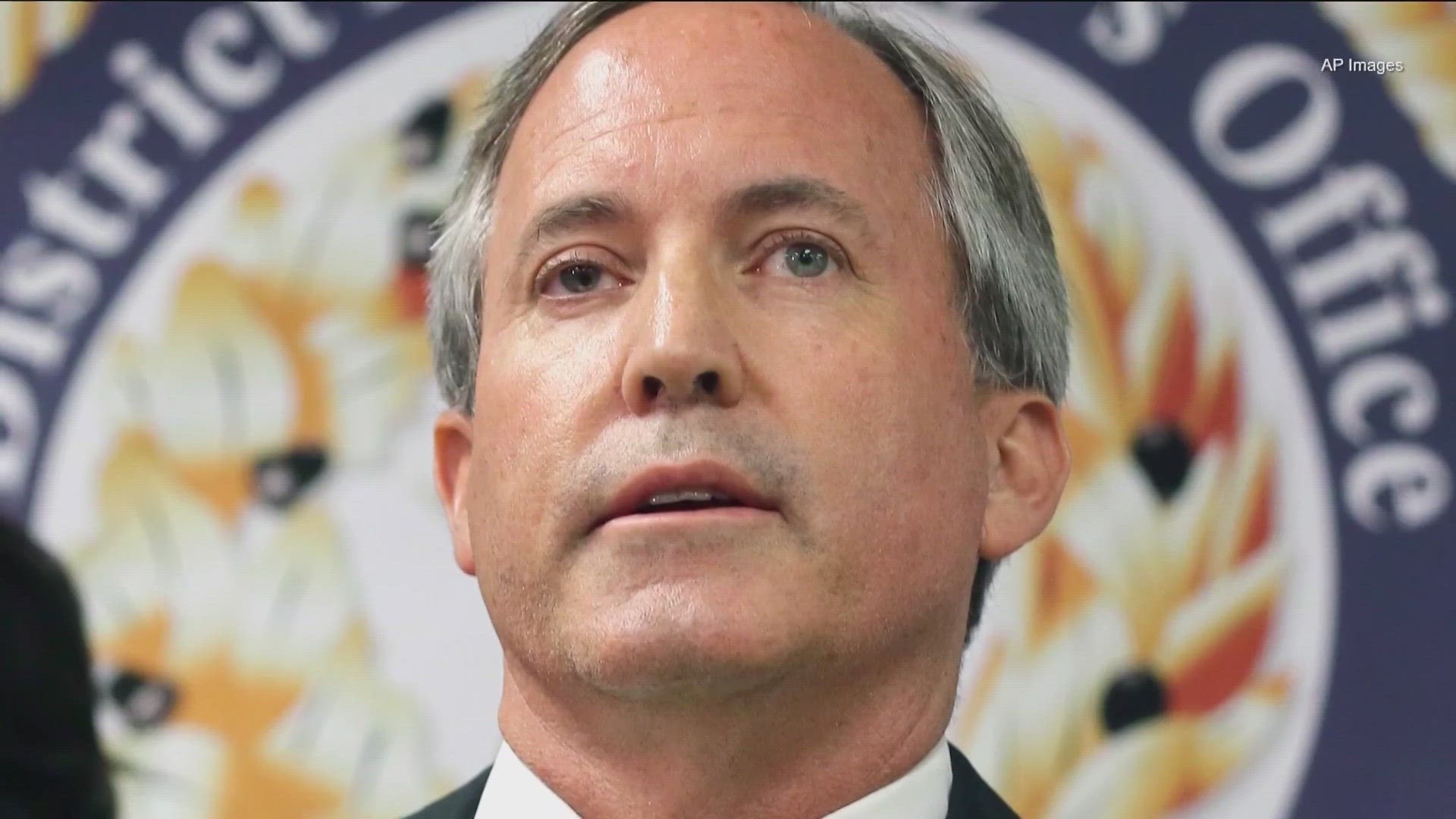AUSTIN, Texas — (THE TEXAS TRIBUNE)
In an unprecedented move, a Texas House committee voted Thursday to recommend that Attorney General Ken Paxton be impeached and removed from office, citing a yearslong pattern of alleged misconduct and lawbreaking that investigators detailed one day earlier.
During a specially called meeting Thursday afternoon, the House General Investigating Committee voted unanimously to refer articles of impeachment to the full chamber.The House will next decide whether to approve articles of impeachment against Paxton, which could remove the attorney general from office pending the outcome of a trial to be conducted by the Senate.
If a majority of the 149-member House approves the articles before the regular legislative session ends Monday, senators would need to convene a special session to hear the case.
No Legislature has impeached an attorney general, an extraordinary step that lawmakers have historically reserved for public officials who faced serious allegations that they have abused their powers.
The decision came minutes after a representative from Paxton’s office demanded Thursday to testify in front of the House committee probing Paxton’s alleged criminal acts and decried the committee’s actions as “illegal.”
Chris Hilton, chief of general litigation for the attorney general’s office, interrupted the five-member panel’s brief meeting to demand to testify on behalf of Paxton’s office. State Rep. Andrew Murr, R-Junction, shook his head and moved forward with the meeting, which went into executive session almost immediately after gaveling in.
“The people deserve to hear from this office in the context of this investigation,” Hilton said. “The voters want Ken Paxton and this committee, by investigating him, by not allowing us to be heard here today, by never reaching out to us at any time during this investigative process is trying to thwart the will of the voters. We deserve to be heard here today.”
Hilton told reporters the committee’s actions were illegal under a section of Texas law that says a “state officer may not be removed from office for an act the officer may have committed before the officer’s election to office.”
Hilton argued that the statute meant “any impeachment can only be about conduct since the most recent elections.”
On Wednesday, the committee listened to three hours of stunning testimony detailing a yearslong pattern of misconduct and questionable actions by Paxton, which included criminal charges for securities fraud and allegations by his former top deputies that Paxton used his office to benefit a friend and political donor.
Many of the allegations detailed Wednesday were already known, but the public airing of them revealed the wide scope of the committee’s investigation into the state’s top lawyer and a member of the ruling Republican Party. The investigative committee has broad power to investigate state officials for wrongdoing, and three weeks ago the House expelled Bryan Slaton, R-Royse City, on its recommendation.
The investigative committee has broad power to investigate potential wrongdoing by House members as well as officials and departments throughout state government. It can subpoena witnesses and records and recommend the impeachment of state officials.
Only the Texas House can bring impeachment proceedings against state officials, which would lead to a trial by the Senate. Removal requires two-thirds support in both chambers. This has only happened twice in Texas history, to Gov. James Ferguson in 1917 and District Judge O.P. Carrillo in 1975.

